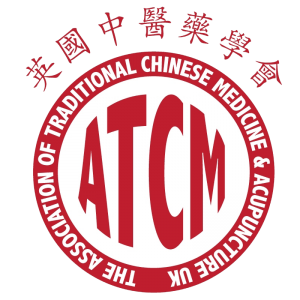Acupuncture
What is Acupuncture?
Acupuncture is an ancient healing system developed over thousands of years as part of the traditional medicine of China, Japan and Korea.
The earliest records of acupuncture date back over 3000 years and today there are over 3 million practitioners worldwide.
Acupuncture literally means "needle piercing", a rather painful-sounding term for the practice of inserting very fine needles into the skin to stimulate specific points called acupoints. The acupoints are stimulated to balance the movement of energy in the body and the process can cause slight discomfort rather than the pain that its name suggests. Acupuncture is a major part of Traditional Chinese Medicine (TCM), a sophisticated and complex system of healthcare that also includes of moxibustion, herbalism (see Chinese herbalism pages), massage (see Acupressure/Tui-na massage pages), and also exercise such as Tai-chi.
How does acupuncture work?
There are a variety of scientific theories about how acupuncture works. These range’s from the belief that acupuncture works on the nervous system to the fact that it helps release endorphins, the body’s natural pain relievers. But, although scientific theories can in part explain the immediate pain-relieving effects of acupuncture, they cannot explain acupuncture’s ability to relieve chronic health problems, conditions which are not pain-related and the effect of the therapy on the whole person.
The Chinese explanation is more philosophical than scientific, but it does explain the holistic benefits of acupuncture. The Chinese believe that disease affects us on every level – a physical illness upsets the mind and emotions and mental anxiety registers in a related organ. So a worrier could have a stomach ulcer, because excessive mental activity affects the functioning of the stomach. While an imbalance in the liver can express itself as inappropriate anger. For this reason illness is never treated as a set of isolated symptoms or diseased organs, but as an expression of disharmony within the mind, body and spirit. To arrive at a diagnosis, the acupuncturist usually aims to do two things: identify a weak link in your energetic chain through the system of the five elements and weave all the symptoms of your disease together to make up “a pattern of disharmony”.
The concept of Chi
Inner harmony relies on a healthy, balanced and unobstructed flow of Chi. Chi could be described as the vital energy or life force which drives every cell of the body. It supports, nourishes and defends the whole person against mental, physical and emotional disease. It is an invisible, intangible flow of energy which modern researchers have described in terms of electromagnetic energy. Chi flows around the body in invisible channels known as meridians. There are 12 main meridians which form a network of energy channels throughout the body. When Chi flows freely through the meridians the body is balanced and healthy, but if the energy becomes blocked, stagnated or weakened, it can result in physical, mental or emotional ill health. An imbalance in a person’s body can result from inappropriate emotional responses such as excess anger, over-excitement, self-pity, deep grief and fear.
Other factors, which are what the Chinese call the “pernicious external influences” are cold, damp/humidity, wind, dryness, and heat. More often the internal and external factors can upset the balance of Chi by making it too hot, too cold, excessive, deficient, too fast, stagnant or causing it to become blocked. Others are wrong diet, too much sex, overwork and too much exercise.
To restore the balance, the acupuncturist stimulates the acupuncture points that will counteract that imbalance. So, if you have stagnant Chi, he will choose specific points to stimulate it, if the Chi is too cold, he will choose points to warm it, if it is too weak, he will strengthen it, if it is blocked, he will unblock it, and so on. In this way, acupuncture can effectively rebalance the energy system and restore health or prevent the development of disease.
Does acupuncture hurt?
Usually nothing is felt as the needle penetrates the skin as the needles are not much thicker than a human hair, when the needle reaches the acupuncture point some kind of sensation will be felt. This can be a feeling of numbness, or a mild ache, or an alive sensation. Most people find acupuncture to be a relaxing and positive experience.
How many sessions do I need?
The length of treatment depends on the type of illness that is involved, its duration, your age, and your individual healing abilities. But normally you should see some noticeable improvement after three or five treatments.
Which problems can it help?
The acupuncture would not make a distinction between you and your illness and would aim to improve your whole health. However, in the context of western medicine, acupuncture has been shown to benefit all types of aches and pains:
Arthritis
Back pain
Sports injuries,
Stress
Depression
Fatigue
Circulation
Digestive Problem
It can also help with:
Menstrual
Gynaecological
Sexual problem
Hay Fever
Asthma
Fibromyalgia
Fibromyalgia
Myalgic Encephalomyelitis (ME)





